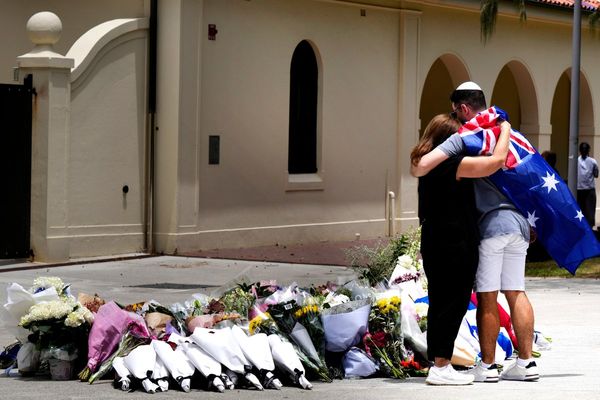
“The patient was at serious risk of dying in my GP surgery. But there was no ambulance available. So we had to drive her to A&E and hope she didn’t die on the way.”
A GP recalls the dramatic action he took recently for a patient at risk of having a cardiac arrest because she could not breathe.
In his own words, he details his frantic attempt to save a life:
“I am a GP partner practising near Huddersfield, West Yorkshire. On the Friday before the new year, 30 December – a normal day for ambulance services; not a strike day – I got a frightening insight into just how precarious a state this most vital of NHS care services is now in.
At 9.45am, a GP colleague of mine in the room next door saw a lovely lady in her early 60s with a serious lung condition, accompanied by her husband. I saw my colleague in the corridor. She was ashen-faced and asked me to fetch our portable oxygen kit at once. I summoned a third doctor. We realised the poor lady was critically unwell, with an oxygen saturation level at below 60%. This is incompatible with life as it poses an imminent risk of cardiac arrest.
Our receptionist made a 999 call to the Yorkshire ambulance service (YAS) and asked for an immediate response because the patient’s condition involved an extreme risk to life. She was told there were significant delays in response times and it would be at least an hour before an ambulance came. When she called the YAS a second time, they again could give no clear ETA.
The lady’s husband helped us connect her to our oxygen cylinder and her saturation level began to rise as we delivered the maximum possible amount from our small cylinder.
I was torn. Should we wait for an ambulance, with the patient’s oxygen running out – what we call “stay and play” – or make a dash with her to A&E, about 20 minutes drive away – a “scoop and run”? I opted for the latter because of longstanding delays with YAS response times, which have been worse this winter.
We helped the lady to her husband’s car, still connected to the oxygen. I was worried that she would have a cardiac arrest at any moment and summoned a first-year medical student volunteer to ride in the car so we could communicate via mobile phone while I drove ahead.
Halfway there I realised that, in my panic and with no previous experience of an incident like this, I had made a potentially catastrophic error. I had left our defibrillator at the surgery. I was convinced the poor lady would arrest and it would be my fault. My anxiety rose further.
I was unsure which entrance at Huddersfield Royal Infirmary would provide the fastest access to A&E and made a further error in my confusion, which added more precious minutes to our journey.
I had rung the A&E from my car and they were on standby when we joined the ambulance queue outside the unit. Hospital staff took our patient straight into the resuscitation area, and a very professional and calming A&E nurse and colleague began working on her immediately. The lady survived and was discharged home a few days later.
I drove the medical student back to our surgery via a coffee shop. But I struggled to drink my coffee as I was welling up with tears, shaking and in an anxious state. I wanted to appear calm and strong in front of my student colleague. When we got back I updated our surgery team then locked myself in a toilet and cried for a while. I also did some breathing exercises, listened to some calming music and got on with the rest of my day which, this being the NHS’s winter of hell, was busy.
The whole experience had been terrifying. It’s awful to see how NHS ambulance services can no longer respond quickly to 999 calls. That is putting patients at obvious risk, as is very sick people being trapped in the back of an ambulance for hours outside an A&E. It’s no wonder the Royal College of Emergency Medicine, which speaks for A&E doctors, thinks that 500 people a week are dying avoidably while they wait for urgent care.
These delays are happening more and more often. Yet neither NHS England nor the Department of Health and Social Care has given patients or GPs caught up in such situations any advice on what to do. Given the danger to patients, and risk that GPs may get into trouble too, they should do that ASAP. Should you “stay and play” or “scoop and run”? More are doing the latter.
I’m only 58 but I’m retiring in March. I can’t cope any more with the stress and overtime being a GP involves, doing the job of two people, while GPs are criticised regularly by the rightwing media. I can’t do the job properly any more as I am too overloaded and don’t really see the point when my patients are being harmed by delays across the NHS and care services.”
The writer is a member of the grassroots network GP Survival







